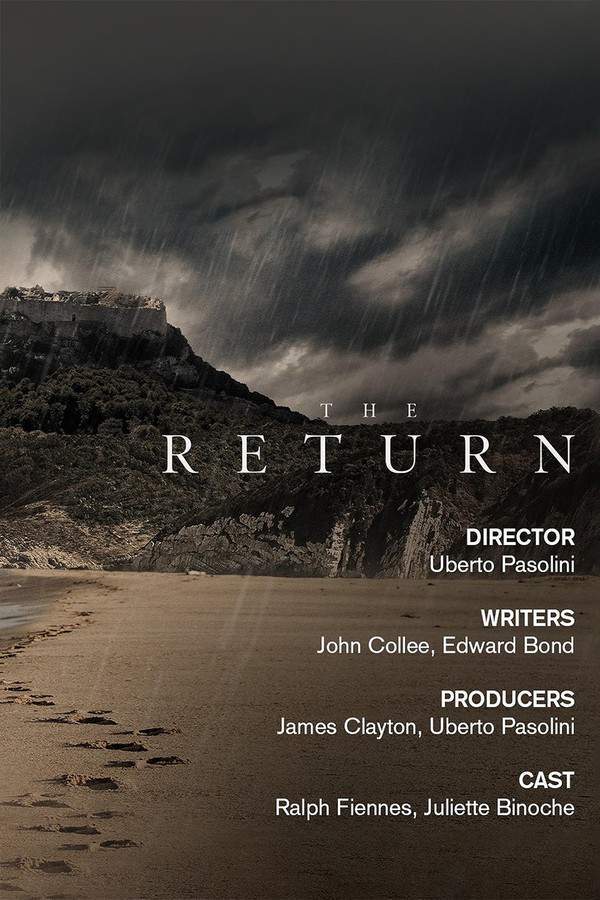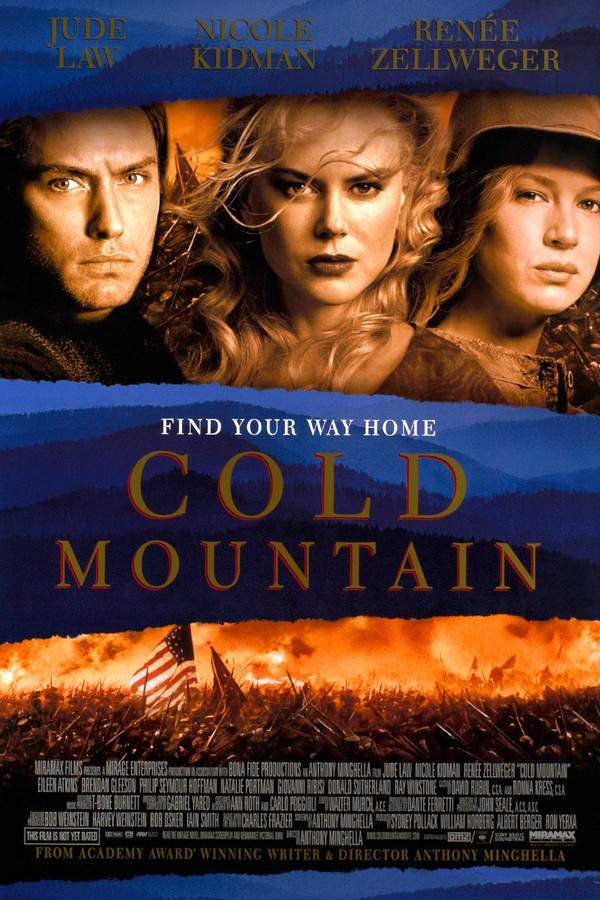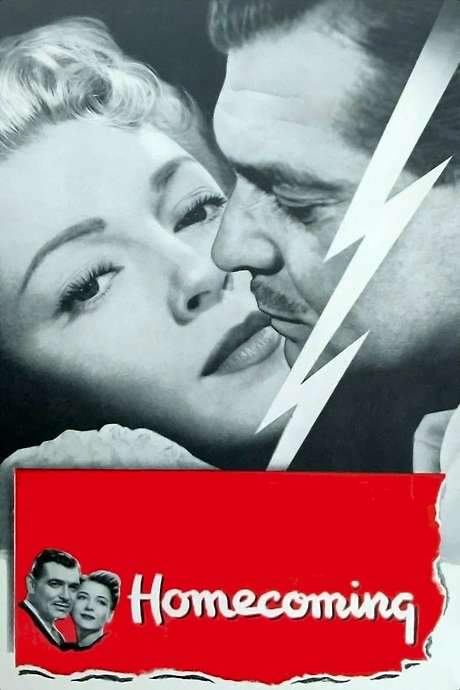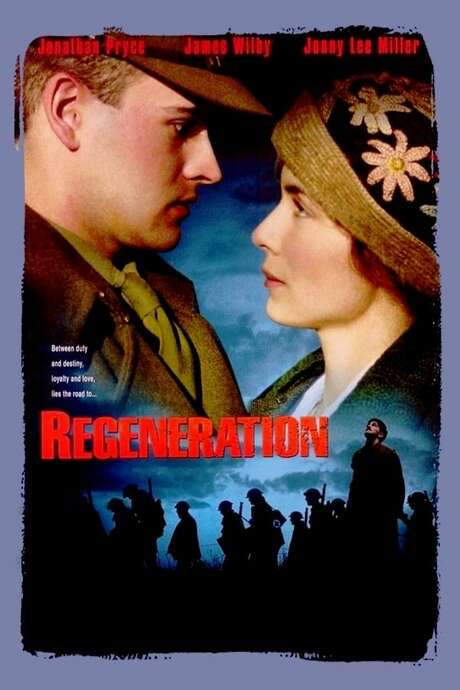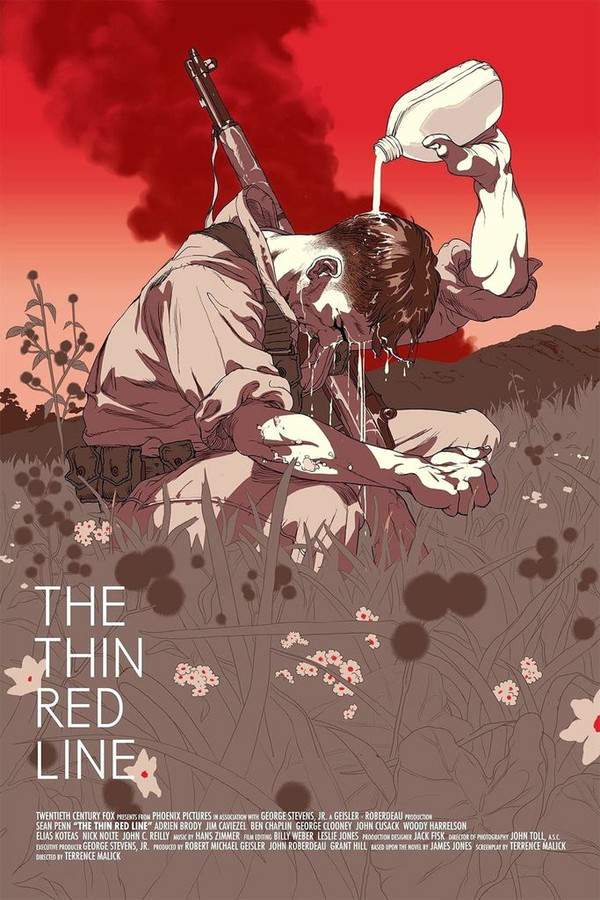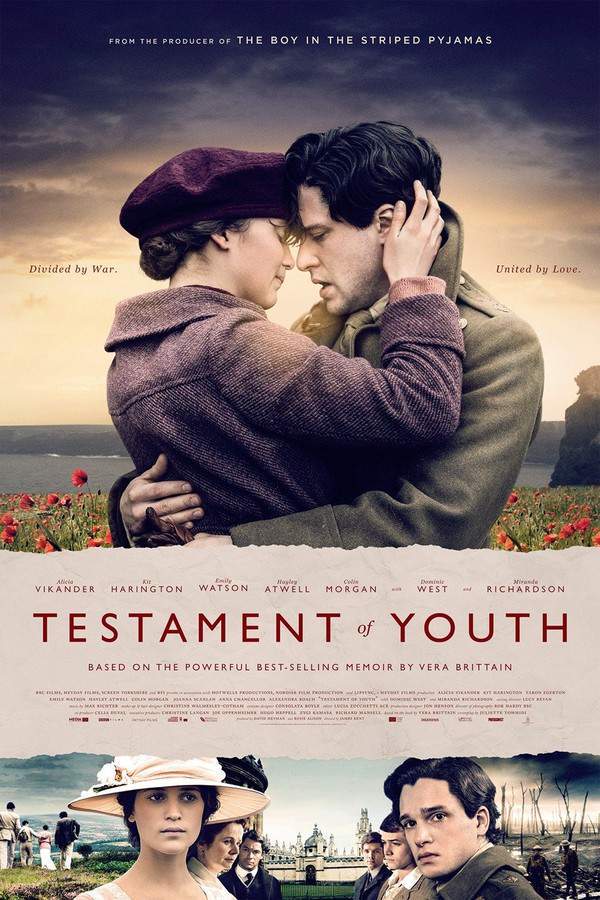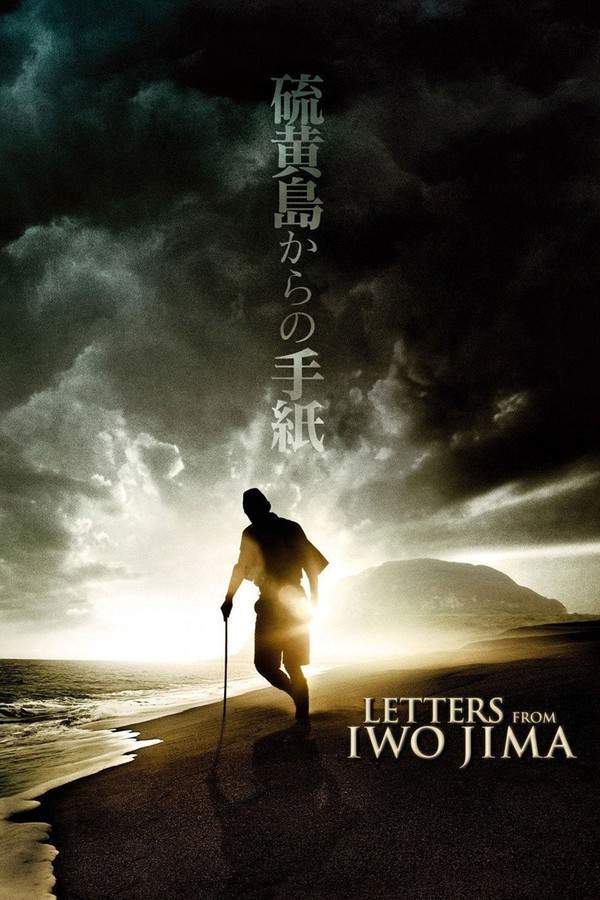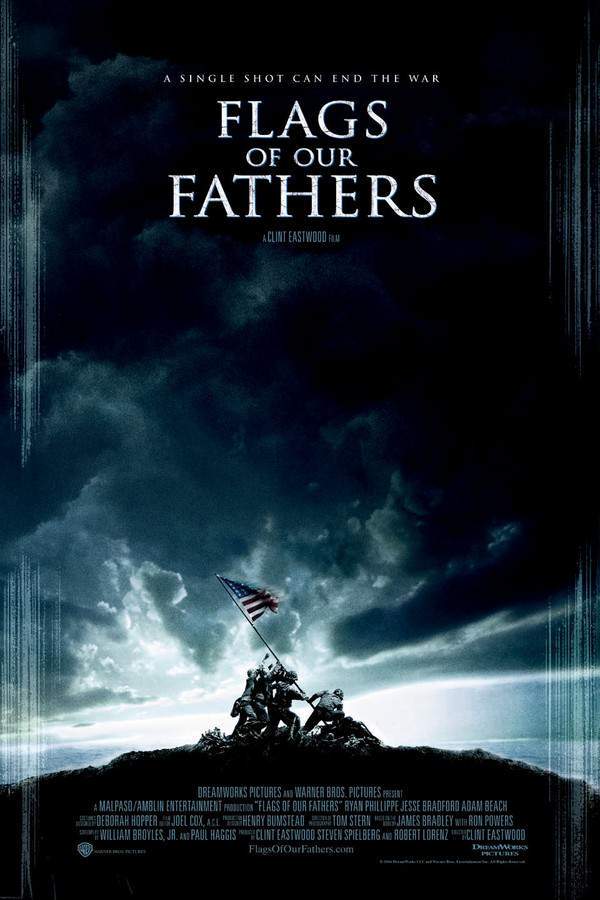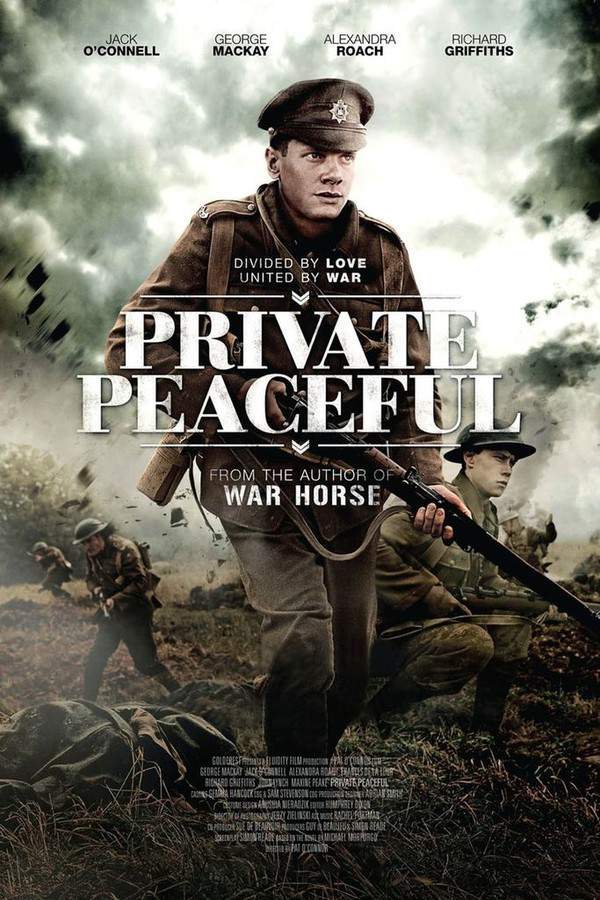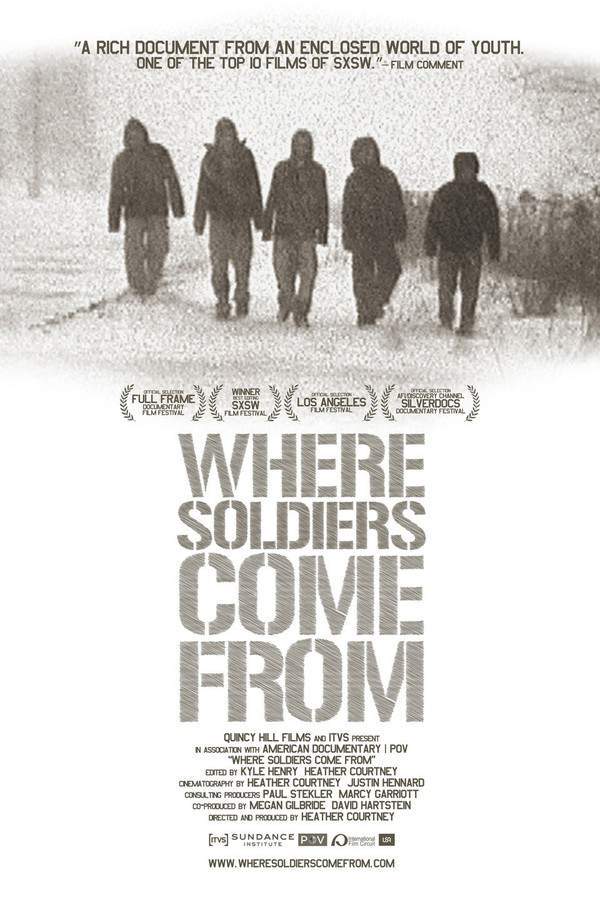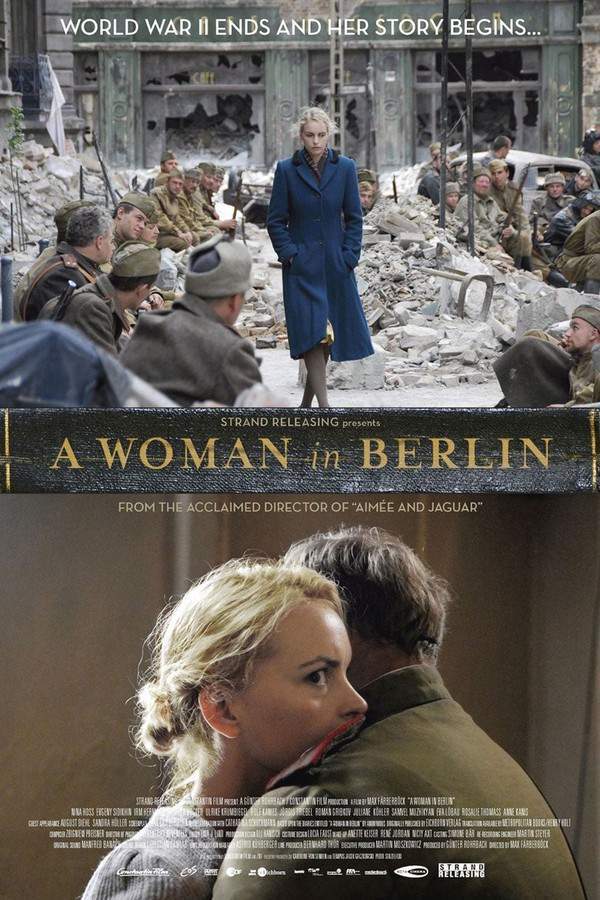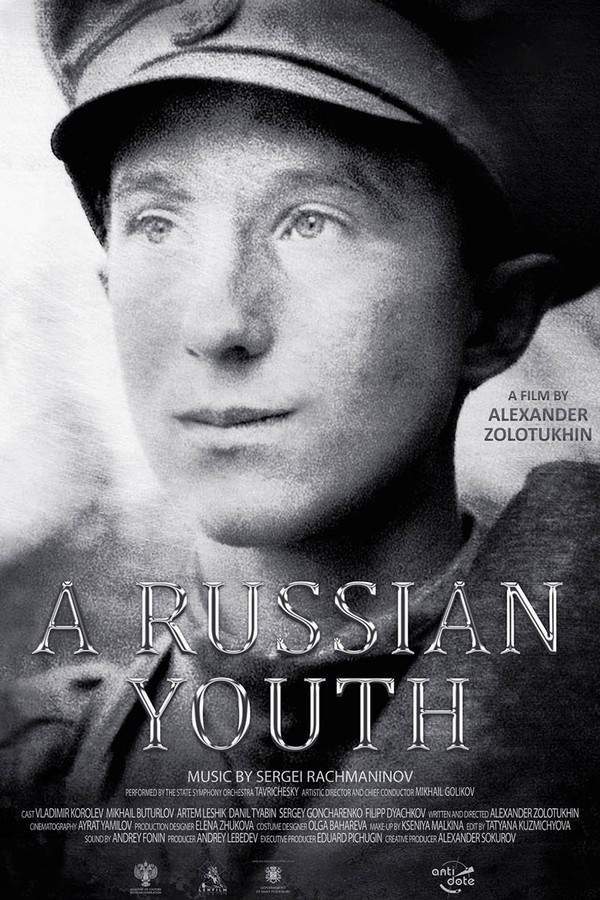
I Was Nineteen
Year: 1968
Runtime: 115 mins
Language: German
Director: Konrad Wolf
A young Soviet soldier crosses into Germany with the Red Army at the end of World II, yet feels like a stranger in his own land. Meeting German civilians deepens his ambivalence, forcing him to see himself as both victor and vanquished. His curiosity drives him to confront the lies and atrocities he discovers along the way.
Warning: spoilers below!
Haven’t seen I Was Nineteen yet? This summary contains major spoilers. Bookmark the page, watch the movie, and come back for the full breakdown. If you're ready, scroll on and relive the story!
Timeline & Setting – I Was Nineteen (1968)
Explore the full timeline and setting of I Was Nineteen (1968). Follow every major event in chronological order and see how the environment shapes the story, characters, and dramatic tension.
Last Updated: October 04, 2025 at 15:13
Main Characters – I Was Nineteen (1968)
Meet the key characters of I Was Nineteen (1968), with detailed profiles, motivations, and roles in the plot. Understand their emotional journeys and what they reveal about the film’s deeper themes.
Last Updated: October 04, 2025 at 15:13
Major Themes – I Was Nineteen (1968)
Explore the central themes of I Was Nineteen (1968), from psychological, social, and emotional dimensions to philosophical messages. Understand what the film is really saying beneath the surface.
Last Updated: October 04, 2025 at 15:13
Explore Movie Threads
Discover curated groups of movies connected by mood, themes, and story style. Browse collections built around emotion, atmosphere, and narrative focus to easily find films that match what you feel like watching right now.
Movies about alienating homecomings like I Was Nineteen
Stories of soldiers returning to a homeland that has become a foreign land.If you were moved by the moral and emotional dislocation in I Was Nineteen, explore these similar films. This collection features stories of soldiers and survivors returning to a changed homeland, facing complex questions of identity, victory, and belonging, much like the journey in this powerful war drama.
Narrative Summary
Narratives in this thread typically follow a protagonist returning to a place of origin after a conflict or long absence. The journey is not one of simple triumph, but of encountering a world transformed by war, where the lines between victor and vanquished blur, forcing a re-evaluation of personal and national identity.
Why These Movies?
These movies are grouped by their shared focus on the psychological and moral complexities of homecoming. They share a melancholic, reflective tone, a steady pacing that allows for introspection, and a heavy emotional weight derived from confronting the ambiguous aftermath of conflict.
War films about weary victors similar to I Was Nineteen
War stories seen through the eyes of disillusioned and exhausted conquerors.For viewers who appreciated the perspective of the war-weary Soviet soldier in I Was Nineteen, this list features other movies about disillusioned victors. These films share a focus on the heavy emotional and moral cost of winning, offering a somber, thoughtful alternative to triumphalist war narratives.
Narrative Summary
The narrative pattern involves a protagonist serving in a victorious army, yet feeling no sense of triumph. The story unfolds through episodic encounters that reveal the grim realities of war—atrocities, propaganda, and the suffering of civilians—leading to a deepening sense of alienation and a bittersweet or bleak conclusion.
Why These Movies?
These films are connected by their unique vantage point: the victor who feels like a vanquished soul. They share a high intensity, a melancholic and somber tone, and a heavy emotional weight driven by themes of moral ambiguity and the psychological scars of conflict, rather than action-oriented heroism.
Unlock the Full Story of I Was Nineteen
Don't stop at just watching — explore I Was Nineteen in full detail. From the complete plot summary and scene-by-scene timeline to character breakdowns, thematic analysis, and a deep dive into the ending — every page helps you truly understand what I Was Nineteen is all about. Plus, discover what's next after the movie.
I Was Nineteen Summary
Read a complete plot summary of I Was Nineteen, including all key story points, character arcs, and turning points. This in-depth recap is ideal for understanding the narrative structure or reviewing what happened in the movie.

I Was Nineteen Timeline
Track the full timeline of I Was Nineteen with every major event arranged chronologically. Perfect for decoding non-linear storytelling, flashbacks, or parallel narratives with a clear scene-by-scene breakdown.

I Was Nineteen Spoiler-Free Summary
Get a quick, spoiler-free overview of I Was Nineteen that covers the main plot points and key details without revealing any major twists or spoilers. Perfect for those who want to know what to expect before diving in.

More About I Was Nineteen
Visit What's After the Movie to explore more about I Was Nineteen: box office results, cast and crew info, production details, post-credit scenes, and external links — all in one place for movie fans and researchers.

Similar Movies to I Was Nineteen
Discover movies like I Was Nineteen that share similar genres, themes, and storytelling elements. Whether you’re drawn to the atmosphere, character arcs, or plot structure, these curated recommendations will help you explore more films you’ll love.
Explore More About Movie I Was Nineteen
I Was Nineteen (1968) Plot Summary & Movie Recap
I Was Nineteen (1968) Scene-by-Scene Movie Timeline
I Was Nineteen (1968) Spoiler-Free Summary & Key Flow
Movies Like I Was Nineteen – Similar Titles You’ll Enjoy
A Woman in Berlin (2009) Movie Recap & Themes
A Russian Youth (2020) Complete Plot Breakdown
As Far As My Feet Will Carry Me (2001) Movie Recap & Themes
A Russian Youth (2019) Complete Plot Breakdown
An die Grenze (2007) Film Overview & Timeline
Germany, Year Zero (1948) Plot Summary & Ending Explained
The Russians Are Coming (1968) Complete Plot Breakdown
I Promise (1994) Ending Explained & Film Insights
No Way Back (1953) Full Summary & Key Details
The Fair (1960) Full Summary & Key Details
Three Comrades (1938) Complete Plot Breakdown
I Am Twenty (1965) Full Summary & Key Details
Fate of a Man (1959) Story Summary & Characters
Playing Soldiers (1967) Film Overview & Timeline
I Am (2009) Story Summary & Characters



